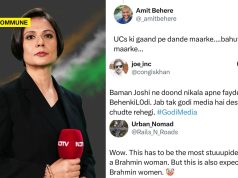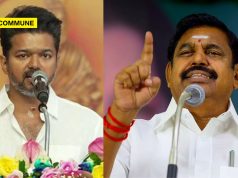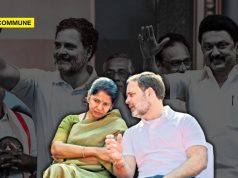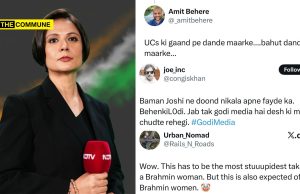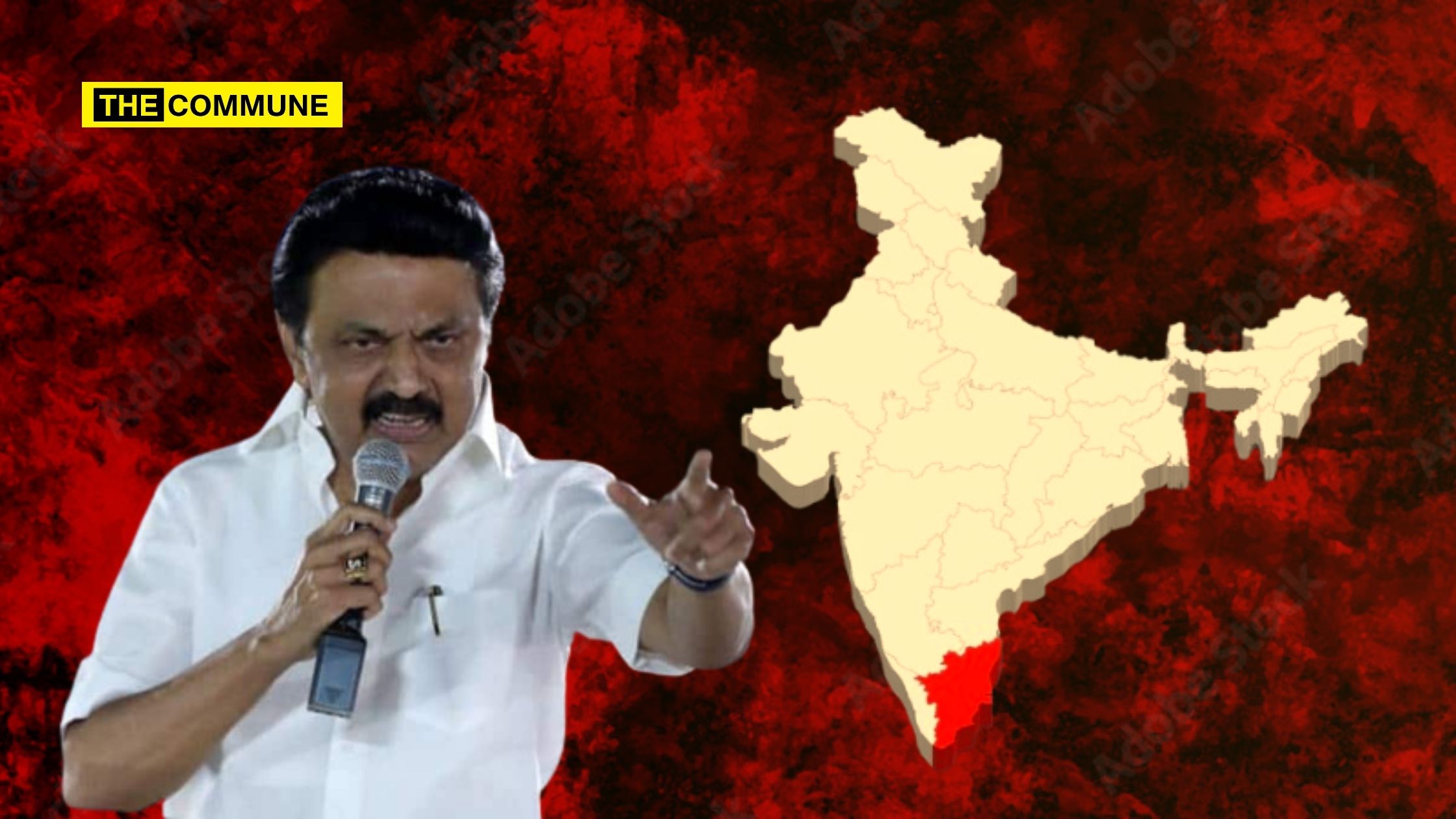
In a dramatic speech that appeared to blur the line between federalism and regional nationalism, Tamil Nadu Chief Minister M.K. Stalin on Tuesday announced the formation of a high-level committee to recommend measures for “state autonomy,” escalating tensions with the Union government and igniting fresh debate over the DMK’s long-standing flirtation with separatist sentiment.
Framing his announcement as a call for balance within India’s federal structure, Stalin declared that the committee would “safeguard the rightful entitlements of states” and rein in what he called the Union government’s “repeated infringement” of state powers. But behind the veneer of legal review lies a deeper political gamble — one that plays to the secessionist undercurrents that have long animated the Dravidian movement, especially as Tamil Nadu gears up for the 2026 Assembly elections.
The newly formed panel will be chaired by retired Supreme Court judge Kurian Joseph and includes former IAS officer Ashok Vardhan Shetty and DMK-affiliated economist M. Naganathan. Naganathan, known for his proximity to the late M. Karunanidhi, is seen as a reliable ideologue for Stalin’s renewed push for Tamil exceptionalism.
A Political Message Wrapped In Constitutional Language
While Stalin cloaked the move in constitutional rhetoric and historical references — invoking B.R. Ambedkar and even U.S. founding father James Madison — the unmistakable tone of his speech was one of confrontation. He accused the Centre of centralising power through taxation policy, education reforms like NEET and the National Education Policy (NEP), and fiscal devolution mechanisms that allegedly short-change southern states.
Using an emotive analogy, Stalin said, “It is the mother who knows best what food to give her starving child. But if someone from Delhi decides what a child should eat, what he or she should learn … won’t the compassion and motherly spirit of the mother rise in revolt?” The metaphor, while poetic, exposed what can be called calculated hostility.
The announcement also drew on the legacy of the Rajamannar Committee set up by Karunanidhi in 1969 — a time when the DMK had openly called for Dravida Nadu, a separate Tamil state. Though that secessionist demand was later dropped, echoes of it returned Tuesday under the more respectable guise of “autonomy.”
Stalin used the impending delimitation exercise as a rallying cry, suggesting that Tamil Nadu — due to its successful population control policies — would lose Parliamentary seats. “The proposed delimitation… poses a serious threat of significantly reducing Tamil Nadu’s representation — as if to punish this achievement,” he said.
This argument is not new, but in the context of a resurgent central government led by the BJP and a weakening AIADMK now aligned with the NDA, Stalin’s pitch appears aimed at cornering his rivals and monopolizing the “Tamil identity” vote.
Federalism Or Political Opportunism?
Critics say Stalin’s sudden push for a “high-level committee” is less about federal balance and more about preparing a charged ideological plank for 2026. In echoing the federalism debate, the DMK is seeking to dominate the narrative on state rights, autonomy, and representation — classic themes of Dravidian politics — and frame itself as the sole defender of Tamil interests.
Ironically, many of the issues Stalin raised — opposition to NEET, criticism of GST, and concerns about central interference — were once championed by AIADMK stalwarts like M.G. Ramachandran and J. Jayalalithaa. With the AIADMK now seen as tilting towards Delhi, Stalin is repositioning the DMK as the last bastion of Tamil pride — even if it means stirring separatist sentiments under the trappings of federal discourse.
The committee is expected to submit an interim report by January 2026 and a final report within two years. It will examine constitutional provisions, the shift of subjects from the State List to the Concurrent List, and broader issues of fiscal autonomy and institutional independence.
But the immediate impact is political. The DMK is laying the groundwork for a full-throttle campaign where state autonomy will be a central theme — potentially turning technical issues of governance into a full-fledged cultural and constitutional showdown.
“In today’s times, when dark clouds hover over the principles of democracy, the time calls for a ray of clarity and light. Tamil Nadu once again steps forward to fulfil its historic responsibility,” Stalin said — a line that sounded less like an administrator and more like a revolutionary.
Whether this ends in constitutional reform or a deeper polarisation between the Centre and states remains to be seen. But with this move, the DMK has signaled that it’s willing to revive old ghosts — and perhaps stir new ones — in the name of Tamil Nadu’s “historic role” in Indian federalism.
(With inputs from The New Indian Express)
Subscribe to our channels on Telegram, WhatsApp, and Instagram and get the best stories of the day delivered to you personally.

